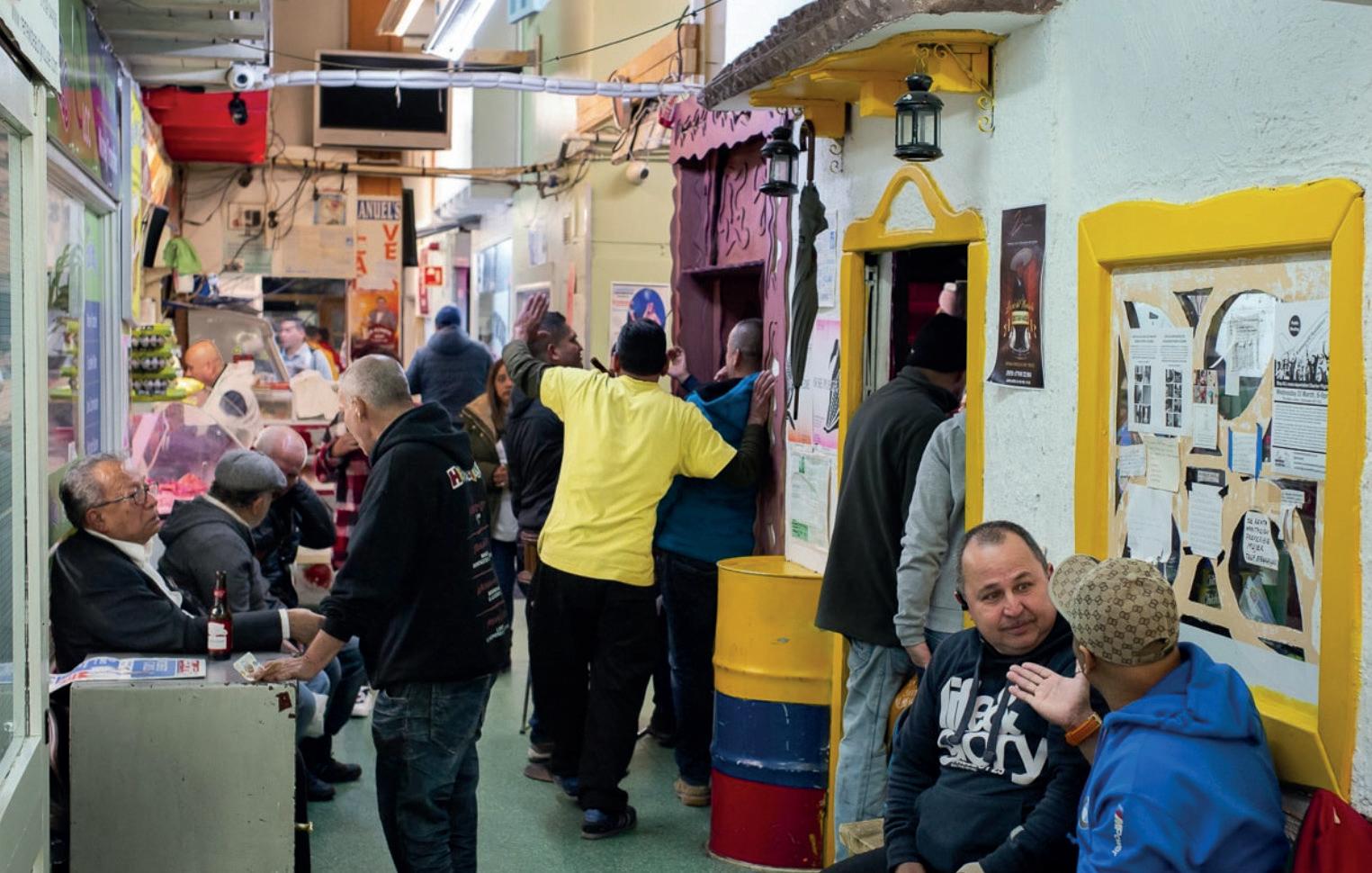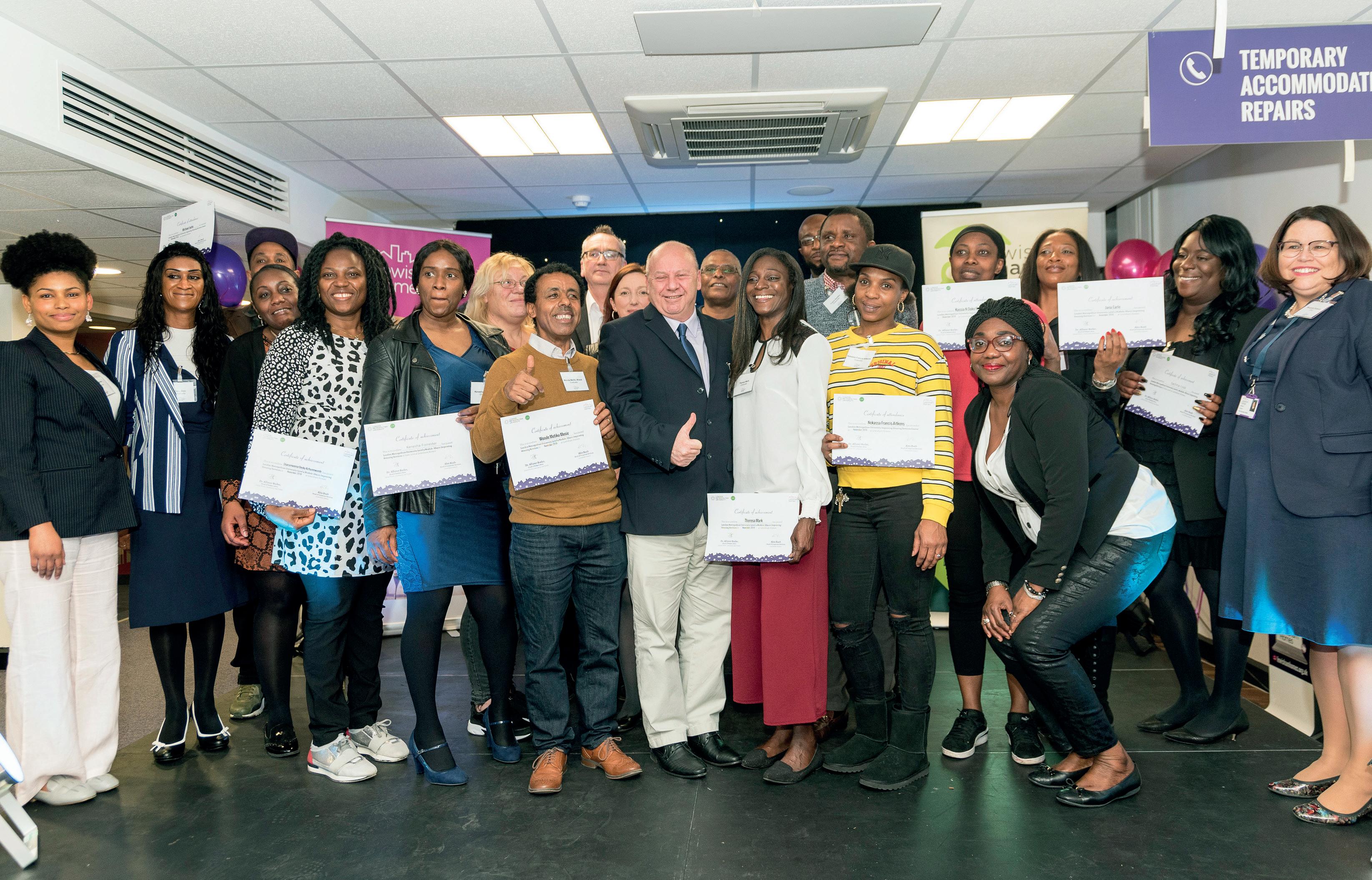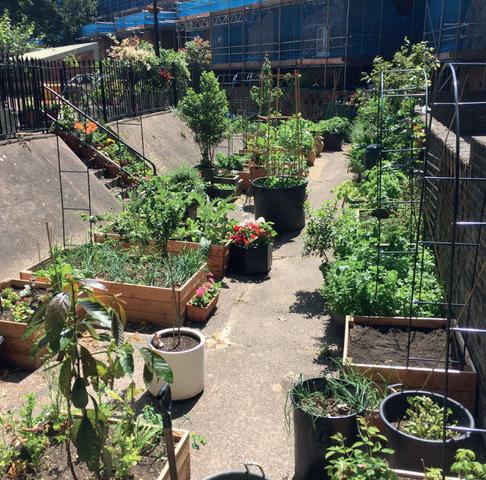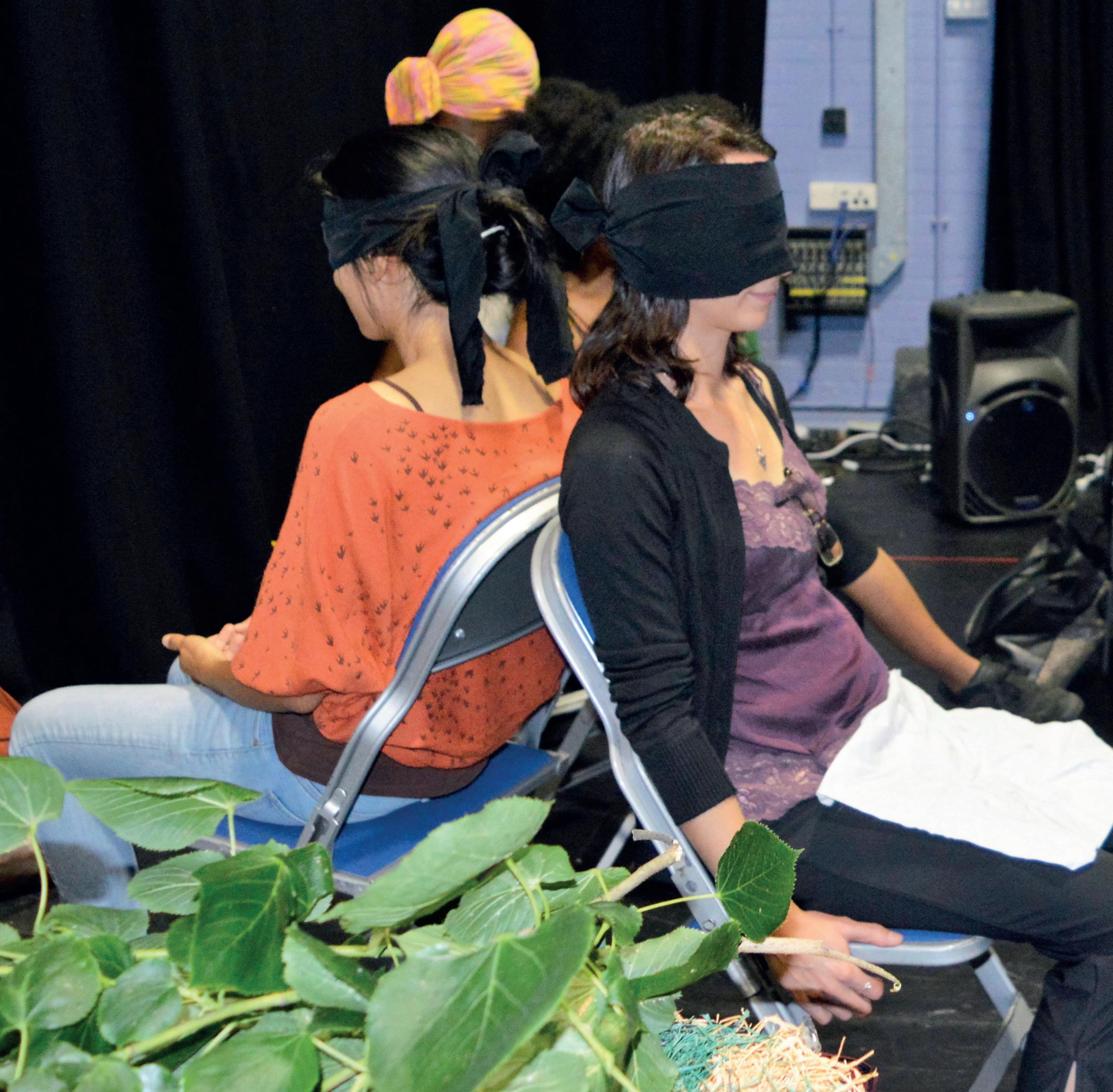
4 minute read
Green Community Action
from W12P188
by PDF Uploads
Green Community Action Bio Digestion
Since 2012, LEAP Micro AD (which refers to the Local Energy ADventure Partnership) has been building a circular food-energy-waste model in the heart of London.
We specialise in micro-scale anaerobic digestion - a renewable technology that transforms food waste into biogas and a soil conditioner/fertiliser.
Our mission is to extract maximum value from organic wastes in ways that benefit the host sites, local communities and the environment.
Our research has led us to establish three pilot plants each demonstrating the model in unique settings including a community garden and centre (Calthorpe Community Garden near Kings Cross), next to a social housing estate (R-Urban Poplar – E. London) and a horticultural training charity (Sunnyside Rural Trust – Hemel Hempstead).
We have focused on recovering nutrients and energy from food waste to grow more food for the city, generating training and employment opportunities, and engaging people around recycling and the circular economy.
We are looking to translate the learning gathered over the last 7 years into the next generation of digesters, which we hope will help cities and rural areas manage their waste more sustainably and become more self-sufficient in the process.
The company evolved out of a cross-sector partnership involving community, private and academic partners.
We have a long-standing relationship with UCL, having done a number of collaborative projects with them over the years, developed working relationships with Brunel and Westminster Universities and are now involved in funding bids with the University of West London and Sheffield.
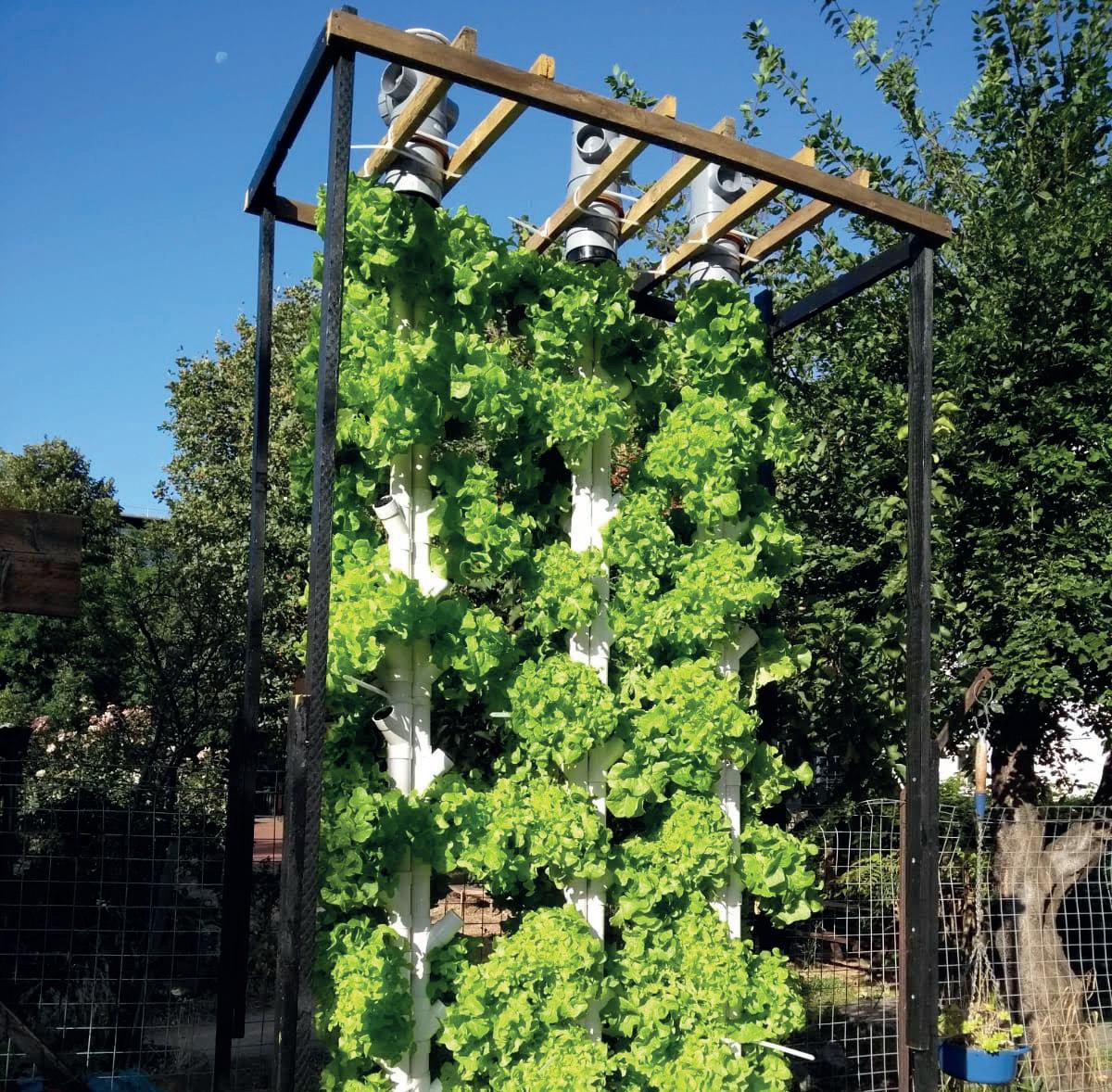

01 1st pilot plant at
Camley Street
Natural Park – now relocated at
Sunnyside Rural
Trust
02 Volunteers working in the Calthorpe community food growing garden
Green Community Action The Engineering Exchange

The Engineering Exchange (EngEx) at UCL aims to link up local community groups and research to do with engineering, buildings and the environment. We have responded to requests from community groups and delivered projects on a wide range of technical areas and topics:
• air quality and pollution
• energy and water infrastructure
• transport
• demolition of social housing
• neighbourhood planning
• waste
• noise
• technology
• building surveying and design
• area mapping
The approach:
The EngEx matches community groups with engineers and built environment specialists, who work together to tackle problems facing London communities which offers:

• Technical support for initial project scoping, and tangible action that leads to clear outcomes.
• Options for using a range of tools and methods to undertake field research, build an evidence base and incorporate technical skills and assessments that can strengthen engagement and influence outcomes in local policy and development.
• We gather feedback at the end of the project, and this may lead to further work.
• The potential:
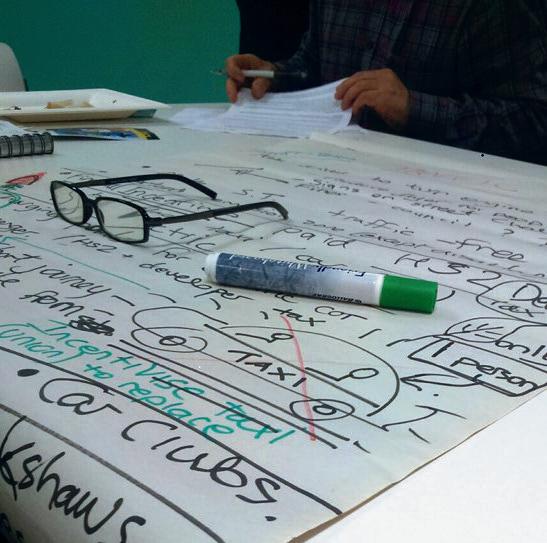
• Resolving environment and building issues through creative collaborative opportunities between community groups, researchers and students
• Deriving mutual benefit by community groups creating opportunities to use the technical support that researchers bring
• Sharing fruits of world leading science that technical staff and researchers have developed to meet community objectives
• Increases the range and quality of learning experiences and application of research in real world environments to bear on issues important to communities
Key achievements:
• The EngEx has a steering committee including Just Space, Voluntary Action
Camden, UCL academics and support staff, and engineering industry leaders.
• The EngEx works with a small team i.e. a
Director and Communication Officer, both paid part-time, and 3 Co-Directors who are academics at UCL.
• An open approach to receiving ideas and making referrals: anyone is welcome to contact us with an idea or problem, but we may not always be able to help; our ability to support a project will depend on our contacts’ availability and skills.

Green Infrastructure in London
We led a series of activities funded by the Natural Environment Research Council to involve the public projects and a review of evidence about green infrastructure in London 2017
Improving air quality in Somers Town
EngEx and the Somers Town Neighbourhood Forum are working with the local community to tackle poor air quality in a time of change for the area 2018


Demolition or refurbishment of social housing?
London Tenants Federation and Just Space commissioned the EngEx to review technical evidence for refurbishment v. demolition of social housing 2014

